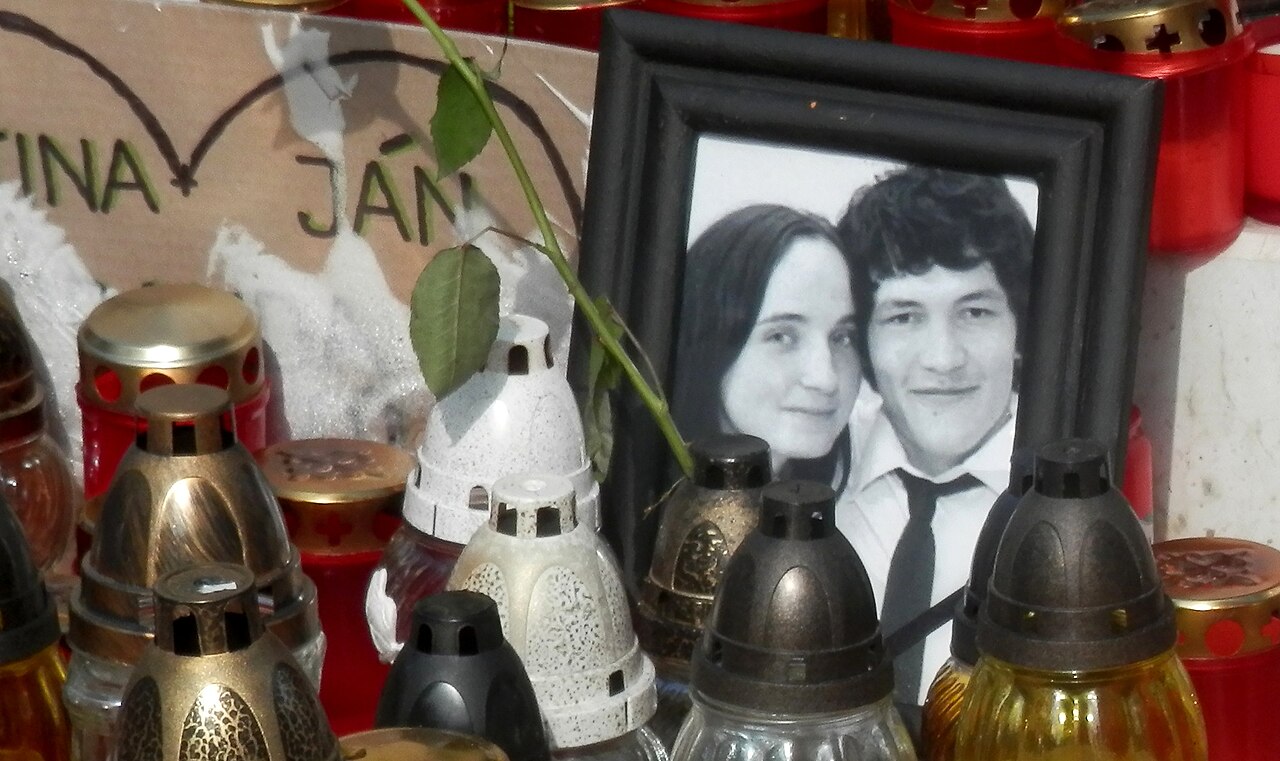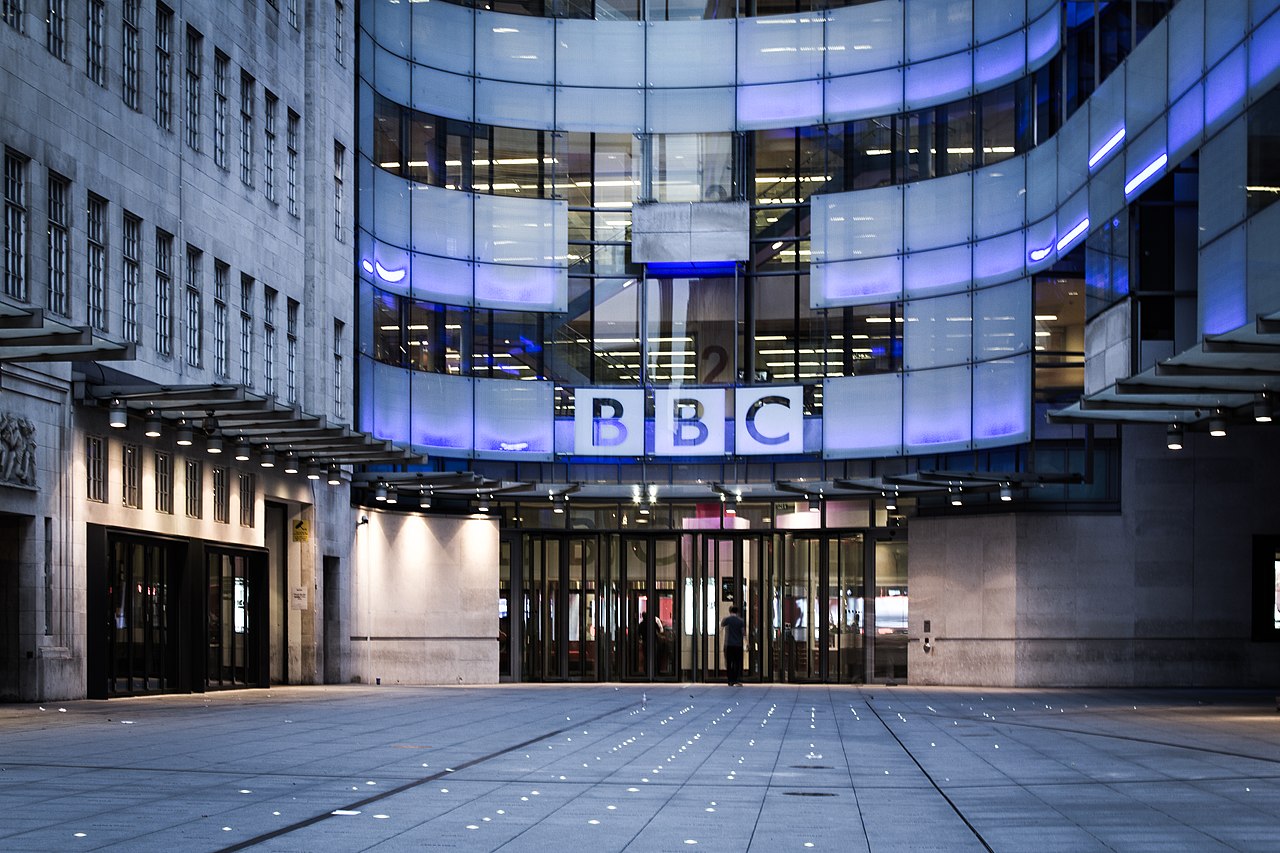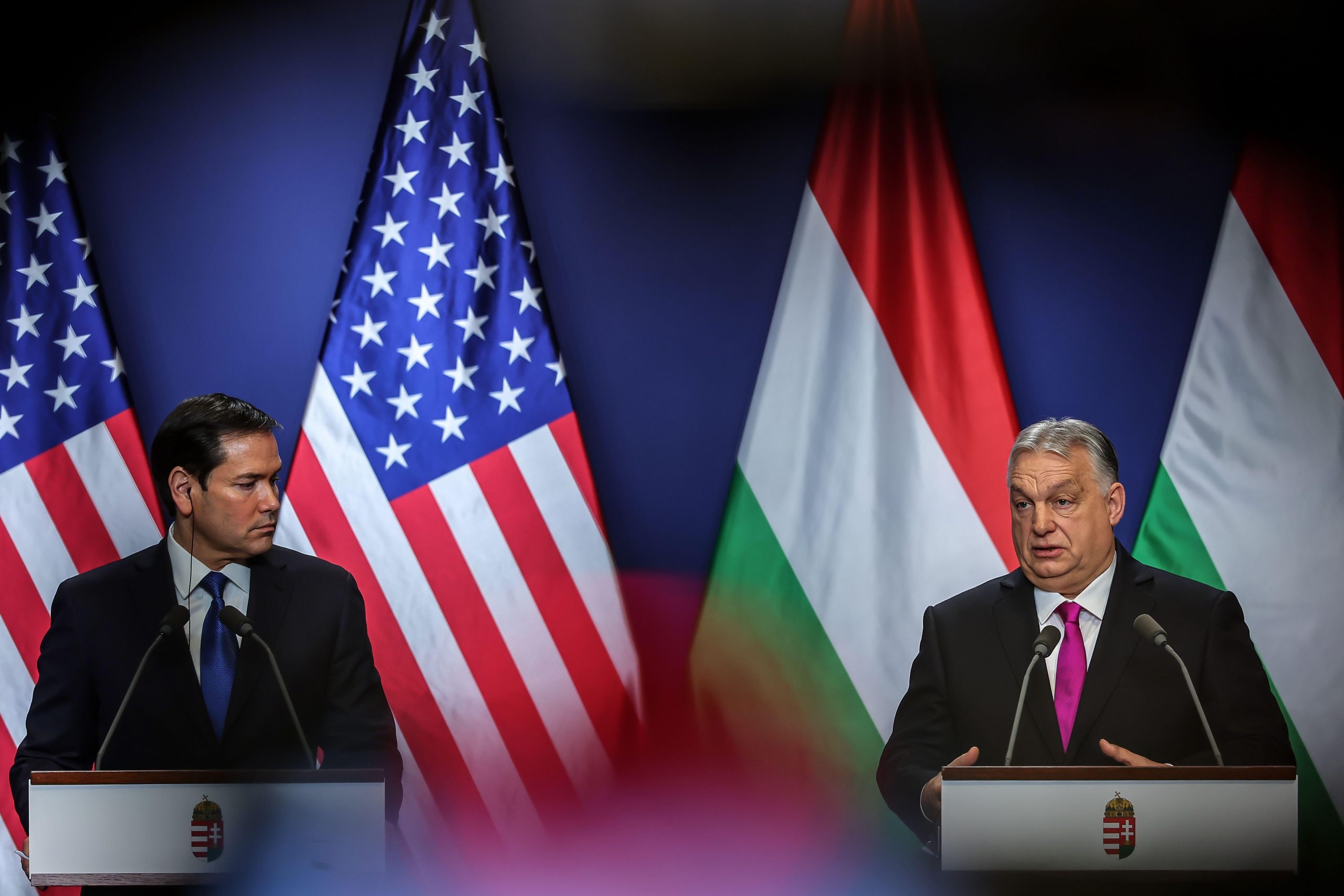In the age of online information, it can feel harder than ever to stay informed. As we get bombarded with news from all angles, important stories can easily pass us by. To help you cut through the noise, every Friday Index publishes a weekly news roundup of some of the key stories covering censorship and free expression. This week, we look at Hungary’s crackdown on LGBTQ+ content, and Tanzania’s shutdown of the social media platform X.
A “climate of hostility”: Hungary’s ban of LGBTQ+ content on TV and in schools violates human rights
The rights of LGBTQ+ people in Hungary have been under attack for years, as Index covered last week. With the latest development being a new law banning LGBTQ+ demonstrations, president Viktor Orbán and his government have drawn continued ire from the EU as they continue to ramp up oppression. Now, a senior legal scholar at the Court of Justice of the European Union (CJEU) has stated that Hungary’s 2021 “child protection law” violates basic human rights and free expression.
In her 69-page non-binding opinion, CJEU advocate general Tamara Ćapeta said that rather than protecting children from harm, the law “expands such harm”, highlighting the law’s “stigmatising effects” and the “climate of hostility” it has created towards LGBTQ+ people. The law prohibits the depiction of LGBTQ+ individuals in school educational content, or any TV show, film or advert shown before 10pm, placing this content in the same bracket as sexually explicit content. Ćapeta said that the law illustrates a government belief that “homosexual and non-cisgender life is not of equal value or status as heterosexual and cisgender life”.
While a “non-binding opinion” does not strictly carry legal weight or enforcement, Ćapeta’s assessment reflects a growing trend amongst EU lawyers and officials that Hungary is falling foul of EU regulations when it comes to freedom of expression. With tensions only rising, it seems only a matter of time before a breaking point is reached; though it is yet to be seen what action the EU will take against Hungary.
Social blackout: Tanzania bans X under guise of pornographic content
In a move that has drawn much criticism, Tanzania has blocked social media platform X from being accessed in the country, on the basis that it allows pornographic content to be shared, according to the government. Minister for information, communication and IT, Jerry Silaa has said that this content is against the “laws, culture, customs, and traditions” of the East African nation. However, human rights organisations within the country have reason to believe that digital repression and censorship are the true reasons behind the ban.
In a post on the banned platform, the Legal and Human Rights Centre noted that a similar shutdown occurred ahead of the 2020 Tanzanian general elections, and that other platforms such as Telegram and Clubhouse are similarly inaccessible in Tanzania without the use of a virtual private network (VPN).
Indeed, access to X specifically has been prohibited previously, aside from during elections. Following an incident in May this year when the official account of the Tanzania Police Force was hacked, posting falsely that the country’s president had died, the platform was blocked temporarily.
This recurrence of digital restrictions, particularly in the run up to the 2025 Tanzanian elections, raises further concerns about free expression in a country that was recently subject to international outcry over the detention and alleged torture of two human rights activists.
No comment: DR Congo bans reporting on former president and his entire party
The government of the Democratic Republic of the Congo (DR Congo) has banned the media from reporting on the activities of former president Joseph Kabila, or interviewing any members of his party, the People’s Party for Reconstruction and Democracy.
The controversial former president returned to the country in May after two years in self-imposed exile. He had previously been accused of support for the Rwanda-backed M23 rebel group that is currently in conflict with Congolese forces, with senators stripping him of immunity and accusing him of treason. However, he has now returned to the M23-held city of Goma, in eastern DR Congo. Kabila has previously denied links with the rebel group, but has reportedly been seen visiting religious leaders in the presence of an M23 spokesperson.
Breaches of the blanket media ban will result in suspension, according to Christian Bosembe, head of DR Congo’s media regulator.
Kabila himself has not yet commented on the decision, but his party’s secretary Ferdinand Kambere described the decision as “arbitrary and illegal” in a statement on X, accusing the Congolese government of tyranny. A spokesperson for M23 stated that media outlets in rebel-controlled areas would not abide by the ban.
Detained for reporting: BBC crew held at gunpoint by IDF in southern Syria
The BBC has released a statement condemning the treatment of four BBC staff members and three freelance colleagues by the Israel Defense Forces (IDF) while filming in southern Syria.
BBC Arabic special correspondent Feras Kilani detailed how himself and his crew were held at gunpoint on 9 May 2025 while at a checkpoint just outside Quneitra, which is located in the Israeli-Syrian buffer zone in the Golan Heights. Their phones and equipment were confiscated, before members of the crew were blindfolded, handcuffed and strip searched. Kilani was also strip searched and interrogated, with soldiers reportedly asking personal questions about his family, before proceeding to interrogate the rest of his team. Held for seven hours, their devices were inspected and some photos deleted. According to Kilani, they were told that the IDF knew everything about them, and that they would be tracked down if they published photos from the trip.
The BBC’s statement, released on 5 June, objected to the journalists’ treatment, stating that “the behaviour they were subjected to is wholly unacceptable.” The BBC has complained to the Israeli military, but is yet to receive a response.
Media abandoned: Journalist killed in Honduras despite state protection
Salvadoran journalist Javier Antonio Hércules Salinas was murdered by armed men on motorbikes in Santa Rosa de Copán, Honduras on 1 June. He was killed whilst driving a taxi, a part-time job he did alongside working as a reporter for the local news outlet, A Todo Noticias.
Salinas had been working in Honduras for more than 10 years, and had been under the protection of the Honduran government since October 2023, after being subjected to threats and a kidnapping attempt, which he escaped unharmed. Dina Meza, director of the Association for Democracy and Human Rights of Honduras, stated that the Secretariat of Human Rights (SEDH), Honduras’s government body responsible for implementing human rights plans, did not listen to advice for a more thorough security plan, and that state security had “[turned] their backs” on journalists in the country.
Salinas’s murder is the latest in a country that has proven to be extremely dangerous for journalists, with the Honduran College of Journalists (CPH) reporting that more than 100 journalists have been killed in the country since 2001. Honduras ranks 142 out of 180 countries for media freedom on Reporters Without Borders’ press freedom index.






